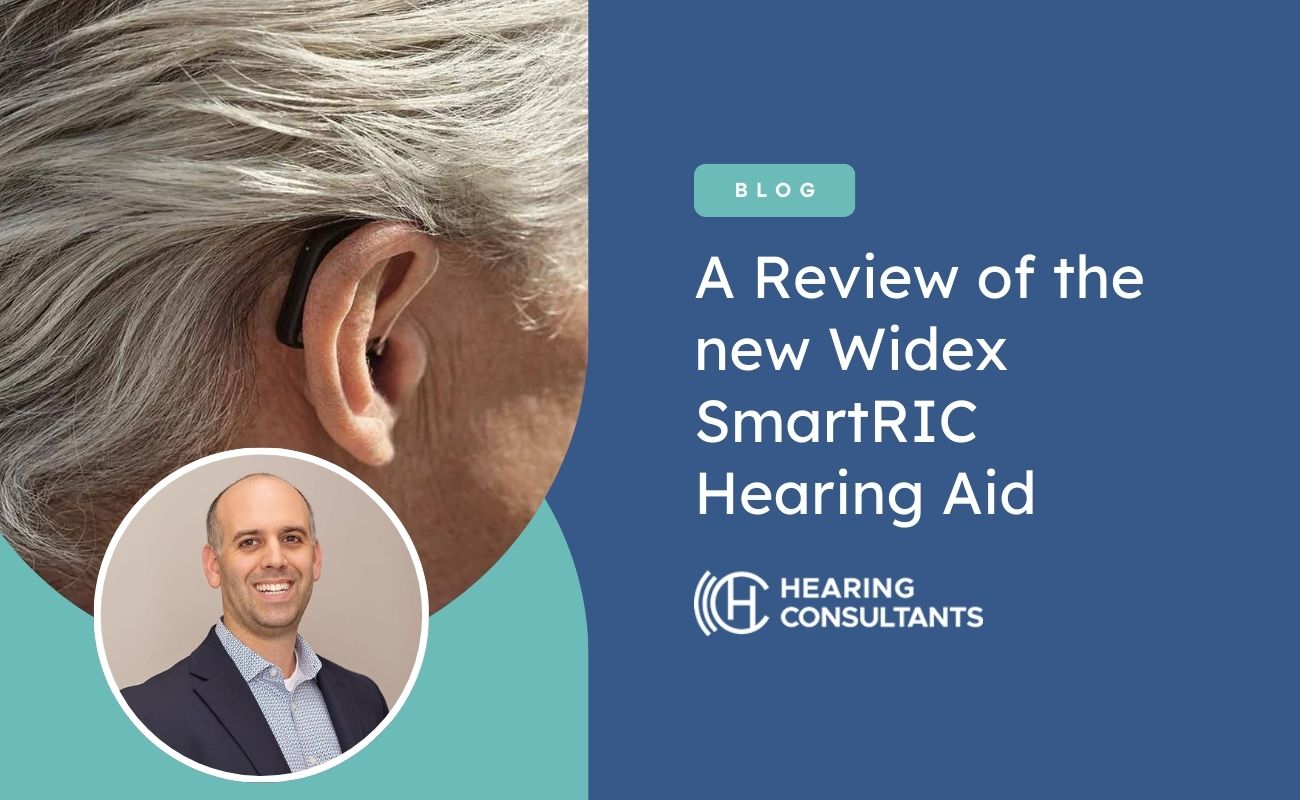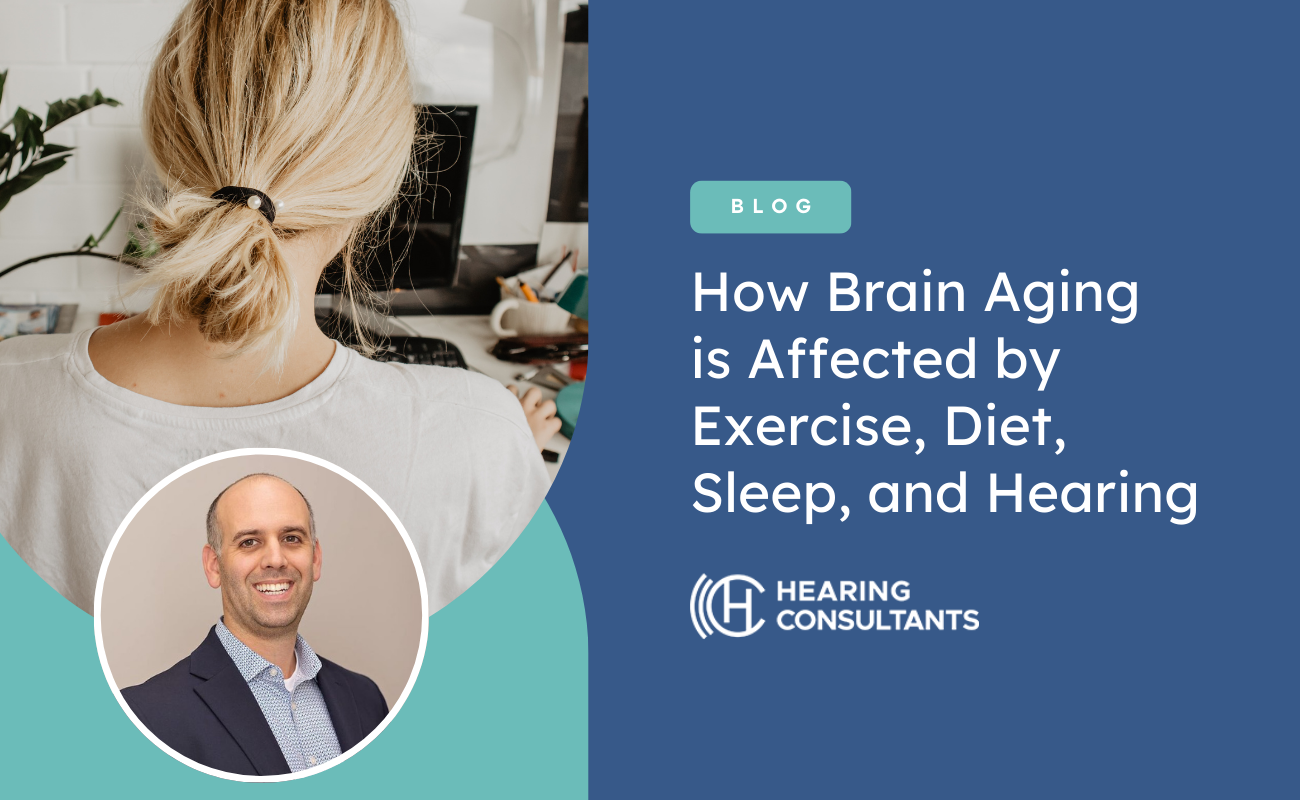Why Pretending to Hear Doesn't Help
When we are faced with personal limitations, many of us feel a tendency to hide them. Rather than let the world know we have a weakness, we would rather brush these limits under the rug. If only the world was unable to see what happens behind the scenes, we could continue on forever young and healthy. Although this seems like a nice enough imaginary reality, hiding the truths about ourselves doesn’t change them. In the worst cases, hiding the truth about our limitations can actually make things worse. Hearing loss might be one of these conditions that actually makes things worse by hiding it. Let’s take a good look at the reasons that some people pretend to hear when they can’t, as well as the effects this process can have on other domains of life.
Why People Pretend
The reasons people pretend to hear are as varied as the individual minds behind the scenes. Some people don’t want to admit weakness, while others don’t want other people to change their treatment. When someone learns that an associate has hearing loss, the best intentions to accommodate them can run afoul. Talking down to a person with hearing loss as if they were a child is one of the worst possibilities, making that person feel belittled and humiliated. Despite the many reasons a person might pretend to hear when they can’t, the snowball effect of other problems makes the act far from worthwhile.
Practical Problems Caused by Pretending to Hear
On the one hand, pretending to hear can cause practical, everyday problems in communication. When a coworker, family member, or loved one tells us something, they rely on our knowledge down the road. However, when it becomes clear that the message did not come through, it can feel like a betrayal of trust. Furthermore, practical problems can ensue, not limited to planning issues and inconveniences. Particularly in the workplace, the misperception that an instruction has been delivered can lead to other problems down the road when that instruction is not followed.
Relationship Problems Caused by Pretending to Hear
On the other hand, pretending to hear can cause a breach of trust with others. Whether these others are family members, loved ones, friends, or casual acquaintances, the realization that your communication was not understood can feel like a betrayal. Particularly when something is disclosed of a personal nature, this expression is a gesture of trust in the first place. To find out the message was never heard can feel like a rift in the connection that was being built by the disclosure itself.
Cognitive Problems Caused by Pretending to Hear
On a deeper individual level, untreated hearing loss has been tied to cognitive problems, even including dementia. When we are not able to communicate freely, it appears that the brain goes into overdrive trying to piece together random syllables into a meaningful whole. This process of constantly assembling a jigsaw puzzle without all the pieces forces the brain to scramble, and that process can spill into other domains of cognition. With evidence of a connection between untreated hearing loss and higher rates of dementia, the act of pretending to hear could have devastating consequences for the individual in question.
Seeking Treatment
Although pretending to hear can feel like a solution, we have seen that it causes a domino rally of other negative effects instead. Rather than masking a problem, the only durable solution is to seek treatment. Some of the apparent problems caused by hearing loss that might lead a person to pretend to hear can be solved through treatment. Rather than fearing that others will belittle or look down on you, treatment can restore the ability to communicate freely. Workplace activity can become reliable once again, and deep intimate relationships can be strengthened, as well. When you add to these benefits the potential to prevent cognitive decline and even dementia, the decision to seek treatment is clear. The latest hearing aids have a remarkable range of features and functions, integrating them into lives in newly seamless ways. If you are ready to pursue treatment, the first step is to schedule a hearing test with us! We look forward to meeting you. Contact us today!
Get in touch with
Hearing Consultants
Contact our clinic to schedule an appointment today!







